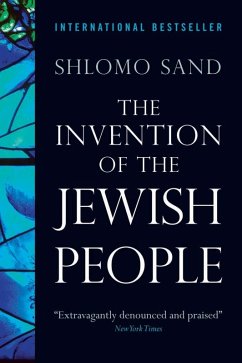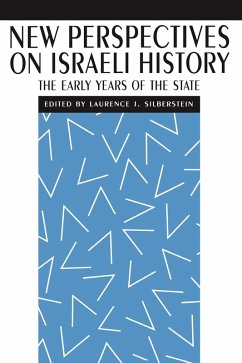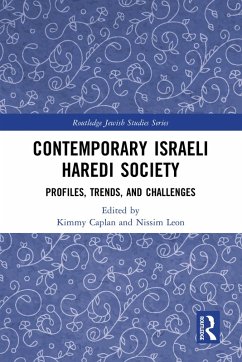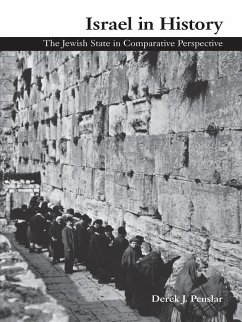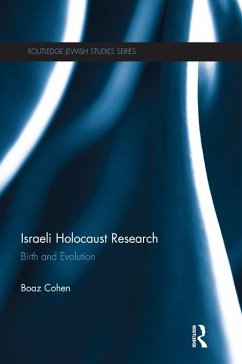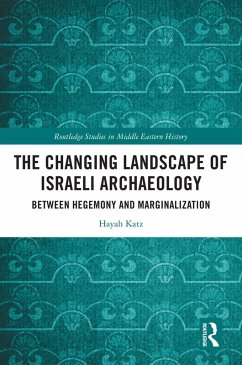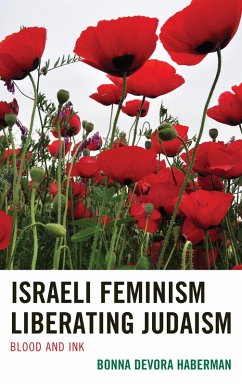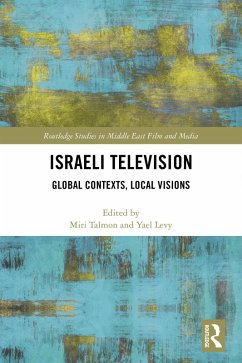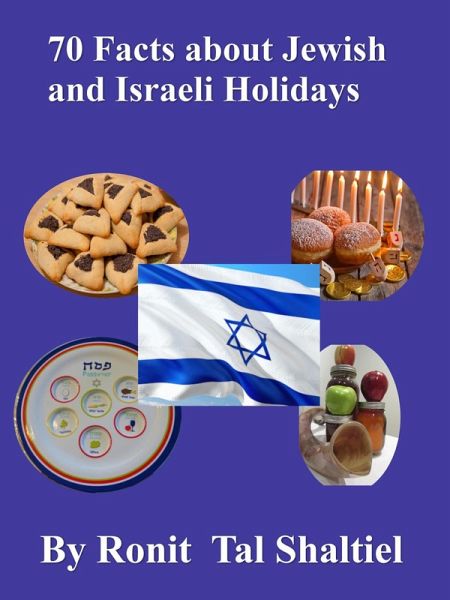
70 Facts about Jewish and Israeli Holidays (eBook, ePUB)

PAYBACK Punkte
0 °P sammeln!
Fun Facts about Jewish and Israeli holidays Jewish and Israeli holidays are a rich tapestry of celebrations that reflect both religious and historical aspects of Jewish culture. These holidays are deeply rooted in traditions, stories, and rituals that connect Jewish communities across the globe. While Jewish holidays have religious significance and often commemorate historical events, Israeli holidays specifically highlight the history and identity of the State of Israel.The Jewish calendar is replete with festivals that hold both religious and cultural significance. From the solemn introspect...
Fun Facts about Jewish and Israeli holidays Jewish and Israeli holidays are a rich tapestry of celebrations that reflect both religious and historical aspects of Jewish culture. These holidays are deeply rooted in traditions, stories, and rituals that connect Jewish communities across the globe. While Jewish holidays have religious significance and often commemorate historical events, Israeli holidays specifically highlight the history and identity of the State of Israel.
The Jewish calendar is replete with festivals that hold both religious and cultural significance. From the solemn introspection of Yom Kippur, the Day of Atonement, to the joyous celebrations of Passover, which commemorates the biblical exodus from Egypt, each holiday carries its own unique rituals, customs, and symbolic foods. Hanukkah, the Festival of Lights, is marked by the lighting of the menorah, while Sukkot involves the building of temporary shelters known as sukkahs. These traditions connect Jewish communities across time and space, fostering a sense of continuity and shared identity.
In the modern state of Israel, national holidays intertwine with the ancient Jewish calendar, creating a dynamic blend of historical and religious observances. Israel Independence Day, Yom Ha'atzmaut, is a vibrant celebration of the establishment of the State of Israel in 1948, contrasting with the somber reflection of Yom Hazikaron, Memorial Day, which commemorates fallen soldiers and victims of terrorism. Jerusalem Day marks the reunification of the city during the Six-Day War in 1967, emphasizing the historical and spiritual significance of the capital.
The continuous interplay between Jewish and Israeli holidays serves as a powerful reminder of the intricate relationship between history, faith, and cultural identity. These celebrations weave together the ancient and the modern, the sacred and the secular, contributing to the rich mosaic of Jewish life and heritage. Whether observed in synagogues, homes, or the public squares of Israel, these holidays are moments of reflection, joy, and unity, connecting Jewish communities worldwide and celebrating the enduring spirit of a people with a storied past and a vibrant present.
The Jewish calendar is replete with festivals that hold both religious and cultural significance. From the solemn introspection of Yom Kippur, the Day of Atonement, to the joyous celebrations of Passover, which commemorates the biblical exodus from Egypt, each holiday carries its own unique rituals, customs, and symbolic foods. Hanukkah, the Festival of Lights, is marked by the lighting of the menorah, while Sukkot involves the building of temporary shelters known as sukkahs. These traditions connect Jewish communities across time and space, fostering a sense of continuity and shared identity.
In the modern state of Israel, national holidays intertwine with the ancient Jewish calendar, creating a dynamic blend of historical and religious observances. Israel Independence Day, Yom Ha'atzmaut, is a vibrant celebration of the establishment of the State of Israel in 1948, contrasting with the somber reflection of Yom Hazikaron, Memorial Day, which commemorates fallen soldiers and victims of terrorism. Jerusalem Day marks the reunification of the city during the Six-Day War in 1967, emphasizing the historical and spiritual significance of the capital.
The continuous interplay between Jewish and Israeli holidays serves as a powerful reminder of the intricate relationship between history, faith, and cultural identity. These celebrations weave together the ancient and the modern, the sacred and the secular, contributing to the rich mosaic of Jewish life and heritage. Whether observed in synagogues, homes, or the public squares of Israel, these holidays are moments of reflection, joy, and unity, connecting Jewish communities worldwide and celebrating the enduring spirit of a people with a storied past and a vibrant present.
Dieser Download kann aus rechtlichen Gründen nur mit Rechnungsadresse in A, B, CY, CZ, D, DK, EW, E, FIN, F, GR, H, IRL, I, LT, L, LR, M, NL, PL, P, R, S, SLO, SK ausgeliefert werden.




